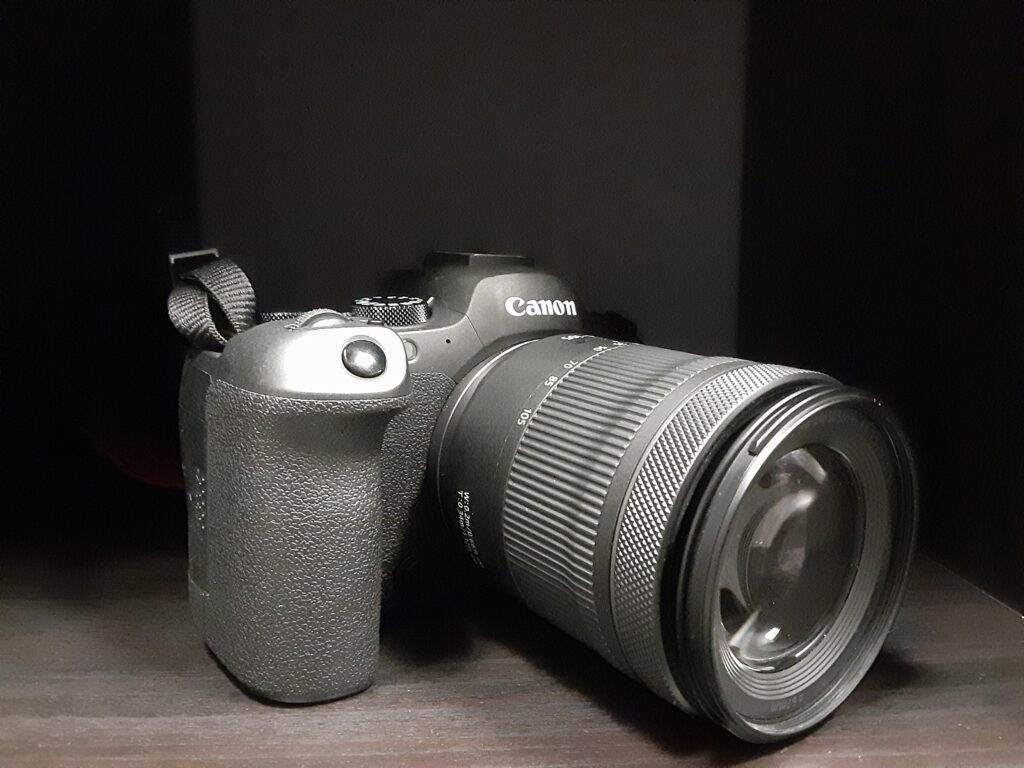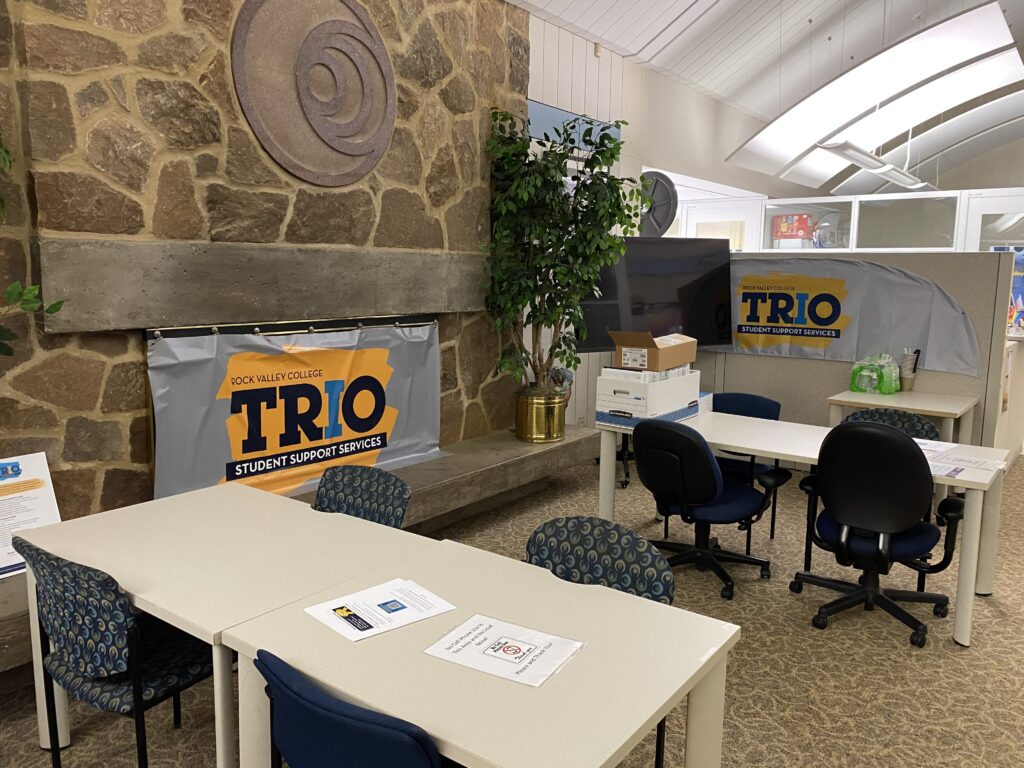
 This past Monday at Rock Valley College, Professor Brian Wagner gave a lecture about climate change, “One Earth.” His approach was different to the issue than most that are available to listen to on a podcast or on cable news. The goal of the lecture was to meet an understanding of how environmental ethics, science, and religion can agree and support each other on this argument. Instead of the norm of polar opposites. The idea is one of two things, the argument from ignorance or the argument from design.
This past Monday at Rock Valley College, Professor Brian Wagner gave a lecture about climate change, “One Earth.” His approach was different to the issue than most that are available to listen to on a podcast or on cable news. The goal of the lecture was to meet an understanding of how environmental ethics, science, and religion can agree and support each other on this argument. Instead of the norm of polar opposites. The idea is one of two things, the argument from ignorance or the argument from design.
The argument from ignorance entails these are events that cannot be explained by science. If something cannot be explained by science, then it is the result of a supernatural force. Some phenomena is the result of supernatural forces at work. There then must exist a supernatural designer agent. The cons to this argument are that God ends up becoming unknowable. Religion and science are always in conflict with each other. Or the train of thought adopts that God gets smaller the more we learn. The greater ignorance practiced, the more falsehoods are adopted (we can attribute anything to things we cannot explain like Chuck Norris). Agnosticism ends up becoming the answer. We cannot k now God nor understand religion.
now God nor understand religion.
The argument from design leans on science to show that the world shows intricate order and obvious purposefulness. If this is true then these events point toward a product of supernatural intelligent design. There then must exist a supernatural designer agent. The cons to this argument are that God ends up becoming knowable (partial or fully). Religion and science are agree each other. Everything that’s true in science is true about God, and God has everything to do with science. Then the more we learn about science the more we learn about God. Knowledge is the answer. We can know God and understand religion.
When it comes to these sensitive topics, even from using these two viewpoints, it is helpful to learn which side to take a stand on and why it is important to develop the points. Being able to understand one’s own points and understand where the other person is coming from can do a lot of good bringing forward a healthy conversation. The key is to seek out and build a point of view by and for oneself.
Towards the end of the lecture, there was a multitude of modern solutions that one could choose to venture on. This idea for solutions came from the dominion versus stewardship argument in Professor Wagner’s point of view. “Regardless of what you do or don’t do, it will never hurt to choose to be a good steward of our planet. Forget trying to go to Mars and trying to build a colony out there! Let’s focus on what we have here on Earth and take care of it. Even to the point of renewal.” Here are some of his options: Eating less meat (100 meals per year to 12 meals per year), stop buying plastic bottles, bring reusable bags to stores, no Styrofoam, use less water, turn off lights, raise the thermostat in the summer, lower the thermostat in the winter, recycle more, reuse sacks/bottles/plastic cups, start a worm farm, drive differently, eat differently, and buy local food. That’s just a start.






